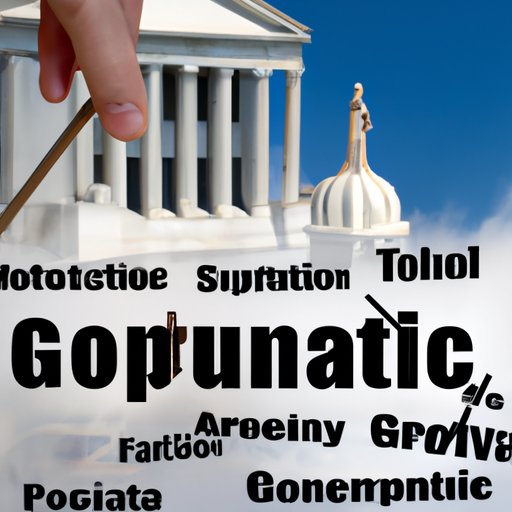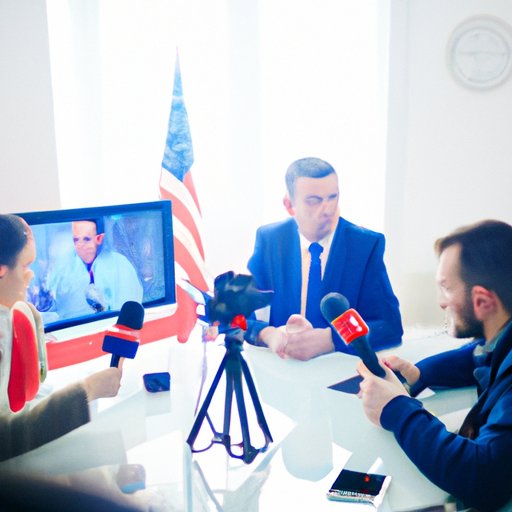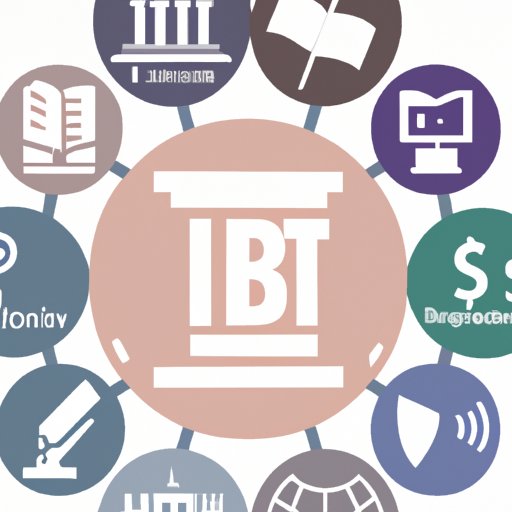Introduction
Political science is an interdisciplinary field that examines the structure, process, and behavior of political systems. It is a broad field that covers a wide range of topics, from the study of different forms of government to analyzing public opinion and evaluating the impact of economic policies. Political science involves understanding the political process, examining voting trends, and exploring the intersection of politics and economics. In this article, we’ll take a look at what political science teaches and how it can help us better understand the world around us.
Understanding the Political Process
One of the core aspects of political science is understanding how laws are created and how governments function. Political scientists investigate the processes involved in making laws and regulations, such as the legislative process, executive decision-making, and judicial review. They also look at how different branches of government interact with each other and how power is distributed among them. By studying the political process, political scientists gain insight into how policy decisions are made and how they can be influenced.

Exploring Different Forms of Government and Ideologies
Political science also involves studying different types of governments, such as democracies, autocracies, and theocracies, and comparing and contrasting their features. Political scientists examine how different governments are structured and how they operate. Additionally, they analyze various ideological perspectives, such as liberalism, conservatism, and socialism, and explore how they shape political discourse.
Analyzing Political Behavior
Political scientists also investigate how people behave politically. They examine voting trends, assess the impact of campaigns and public opinion on elections, and investigate the factors that influence voter behavior. Political scientists also analyze how different groups, such as racial and ethnic minorities, women, and young voters, participate in the political system. By studying political behavior, political scientists gain insight into why people vote the way they do and how their opinions can be shaped.
Investigating the Relationship Between Politics and Economics
Political science also involves exploring the relationship between politics and economics. Political scientists examine how economic policies affect political outcomes, such as voting patterns and government stability. They also investigate how economic interests shape political decision-making and how economic crises can lead to political unrest. By studying the intersection of politics and economics, political scientists can gain a better understanding of how the economy influences politics and vice versa.

Evaluating International Relations and Global Governance
Political science also involves exploring the nature of international relations and global governance. Political scientists analyze how countries interact with each other and how global organizations, such as the United Nations, influence international affairs. They also investigate how international trade affects politics and how international agreements, such as treaties and alliances, shape global affairs. By studying international relations, political scientists gain insight into how the world works and how different countries interact.
Investigating the Impact of Technology on Politics
Political science also involves assessing the impact of technology on politics. Political scientists examine how social media has changed political discourse and how technology is used in political campaigns. They also investigate how new technologies, such as artificial intelligence, can shape the future of politics. By studying the impact of technology on politics, political scientists can gain insight into how technology is changing the way we engage with the political system.

Examining the Role of Media in Politics
Finally, political science involves examining the role of media in politics. Political scientists analyze how media outlets shape public opinion and how news coverage can influence political outcomes. They also investigate the impact of media bias and how different media platforms, such as television and newspapers, shape political discourse. By studying the role of media in politics, political scientists can gain insight into how media influences our understanding of the political system.
Conclusion
Political science is a complex and interdisciplinary field that covers a wide range of topics. From understanding the political process to exploring the intersection of politics and economics, political science provides insight into how the world works and how we can shape it for the better. By studying political science, we can gain a better understanding of the forces that shape our lives and how we can make a difference in the world.
(Note: Is this article not meeting your expectations? Do you have knowledge or insights to share? Unlock new opportunities and expand your reach by joining our authors team. Click Registration to join us and share your expertise with our readers.)
